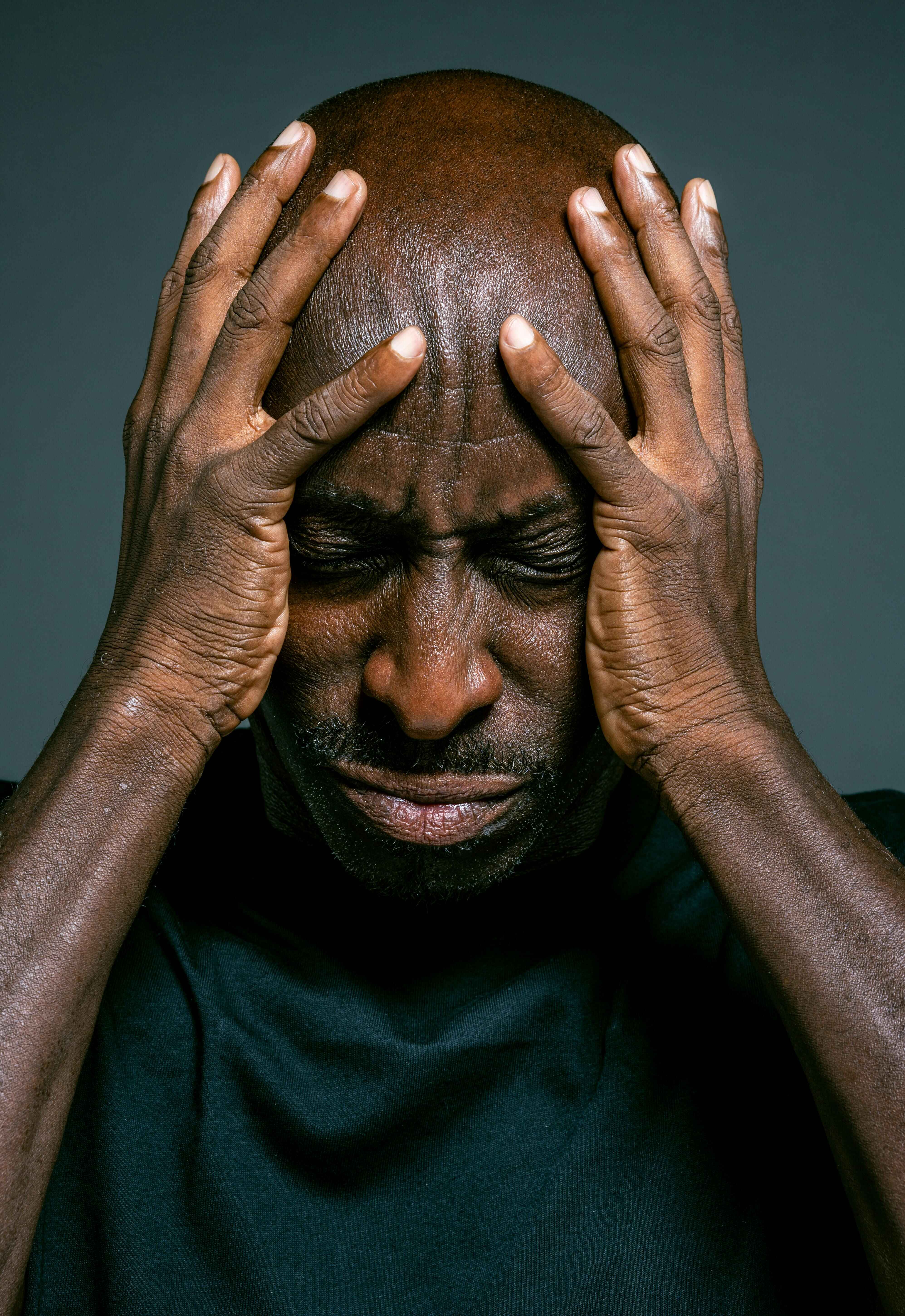Why Men’s Mental Health Can No Longer Be Overlooked

Millions of men each year battle silent struggles they rarely talk about, emotional battles hidden behind masks of strength, responsibility, and expectation. Depression, anxiety, and suicide are no longer fringe issues for men; they’ve become a growing public health emergency that must be confronted.
Men are socialized to grit it out, not talk about it. While this attitude might appear noble, it often disguises deeper emotional issues that go unaddressed sometimes with devastating results.
Men’s Mental Health: A Health Issue, not a Weakness
While men are more likely to see a doctor for something physical like chest or joint pain, they’re less likely to seek help when experiencing emotional distress. According to the CDC, over a quarter of men didn’t see a healthcare provider at all in the past year.
Part of the problem is cultural expectation. From a young age, many men are conditioned to believe that vulnerability equals weakness. Crying, seeking help, or admitting to emotional pain can feel like breaking an unwritten code. So instead, many men mislabel signs of depression as stress, tiredness, or just “a tough spot.”
But the facts speak clearly: men are far more likely to die by suicide, even though women are more frequently diagnosed with depression. This disparity shows just how many men suffer in silence until it’s too late. NIMH: Men and Mental Health
Identifying Signs of Depression in Men
Depression often presents differently in men than in women. Instead of visible sadness or withdrawal, it may show up in subtler or more physical ways:
- Physical Symptoms:
Chronic pain, migraines, digestive issues, or insomnia that resist standard treatments.
Harvard Health: Depression and Physical Pain
- Anger & Irritability: Frequent outbursts, road rage, a short fuse, or emotional detachment.
- Risk-Taking Behavior: Excessive speeding, substance use, or heavy drinking.
- Isolation & Overworking: Escaping into work, video games, or alcohol to avoid confronting emotional distress.
Why Men Often Refuse Treatment
Most men don’t seek help until they hit rock bottom, if they seek it at all. Emotional suppression, fear of judgment, or the belief that “talking won’t help” keeps many from getting the support they need.
Even when men do see a doctor, especially if it’s a female they often downplay emotional concerns, mentioning tiredness or stress instead of depression or anxiety. As a result, the root cause remains untreated sometimes for years.
Psychology Today: Why Men Avoid Therapy
Moving Toward Healing: What Works
It’s time to let go of outdated myths and make mental health care normal for men. Strength isn’t about silence; it’s about showing up for yourself. Here are a few ways to start healing:
- Talk to Someone You Trust
A friend, partner, therapist, or support group. Talking eases loneliness. Vulnerability isn't weakness; it’s humanity. Mental Health America – Talk to Someone
- Eat Better & Move Often
Physical health boosts mental health. Exercise, healthy food, and sleep can help reduce depression. Just 30 minutes of walking can lift your mood. Mayo Clinic: Exercise and Depression
- Manage Stress in Healthy Ways
Journaling, breathwork, less screen time, especially on social media can reduce emotional overload
Headspace: Stress Relief Techniques
Therapy and medication help over 75% of people who use them. There’s no shame in asking for support; it's a wise and brave step forward.
Resources That Support Men’s Mental health
- Real Men. Real Depression
- Mental health with humor and honesty
- Help Guide: Men & Depression
- Reach out to SMAC team: 24/7 free, confidential support
Men deserve mental health care without shame. You don’t have to walk through your hardest moments alone. Whether you're a man struggling silently or someone who loves one, remember: help is out there, and healing is possible.
The boldest move you might ever make could be the simplest: Reach out! Talk! Begin!
Share this. Tag a friend. Start the conversation. Let’s make mental health a strength for men, for all.
References;
This piece is also inspired by Jean Holthaus, LMSW, LISW | Source: Pine Rest


